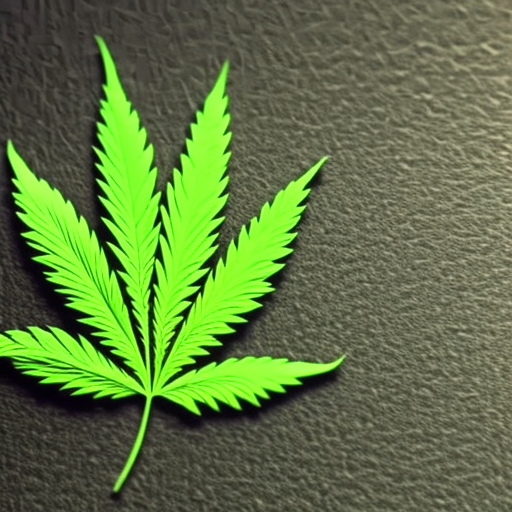 A recent study conducted by researchers from Emory University has found that colleges in states where recreational marijuana has been legalized experienced a significant increase in applications from high-achieving students. The study, published in the peer-reviewed journal Contemporary Economic Policy, analyzed data from the Integrated Postsecondary Education Data System (IPEDS) to assess the impact of marijuana legalization on college applications.
A recent study conducted by researchers from Emory University has found that colleges in states where recreational marijuana has been legalized experienced a significant increase in applications from high-achieving students. The study, published in the peer-reviewed journal Contemporary Economic Policy, analyzed data from the Integrated Postsecondary Education Data System (IPEDS) to assess the impact of marijuana legalization on college applications.
According to the study’s findings, in the year that a state legalized recreational marijuana, the number of applications received by its colleges increased by approximately 5.5% compared to colleges in states that did not legalize. This indicates that colleges in legal-marijuana states experienced a temporary boost in applications, although no sustained increase was observed beyond the initial spike. The results of the study accounted for factors such as school quality, tuition prices, and labor market conditions that may influence student application decisions.
Furthermore, the study revealed that the largest schools saw the greatest gains in applications, with nearly a 54% increase compared to similarly sized schools in non-legal states. Public colleges and universities benefited more from this increase than private institutions, although private schools also saw a rise in applications following marijuana legalization.
In addition to an overall increase in applications, colleges in legal-marijuana states also witnessed a surge in applications from high-achieving students. Standardized test scores for the top 25% of applicants rose alongside the quantity of applications received. This suggests that allowing citizens to use recreational marijuana creates a larger and more academically accomplished applicant pool for higher education institutions, potentially enhancing their academic profile.
The findings of this study align with previous research examining the factors influencing students’ college choice. Similar to how colleges experience an increase in applications and SAT scores when their sports teams achieve success, it appears that students also consider local policies such as marijuana legalization when deciding where to apply for college.
Despite these insights, there are still unanswered questions regarding why students base their application decisions on recreational marijuana availability. It remains unclear whether legal sales create a perception among prospective applicants that underage consumption is less risky or if widespread news coverage makes certain states appear more popular. Additionally, the study did not explore the extent to which out-of-state students contributed to the application boost following legalization.
Moving forward, further research on how college application rates are affected by marijuana legalization could provide valuable insights for institutions in states where cannabis consumption is permitted. Additionally, it would be interesting to investigate how legalized marijuana impacts student outcomes across all colleges while considering the nationwide disruptions caused by the COVID-19 pandemic.
In conclusion, this study highlights the short-term benefits that colleges experience when located in states that legalize recreational marijuana. The increase in applications and the higher academic achievement of applicants provide potential opportunities for schools to enhance their academic profile. As researchers continue to assess the risks and rewards associated with recreational marijuana, understanding its impact on higher education institutions can inform both scholars and policymakers alike.

